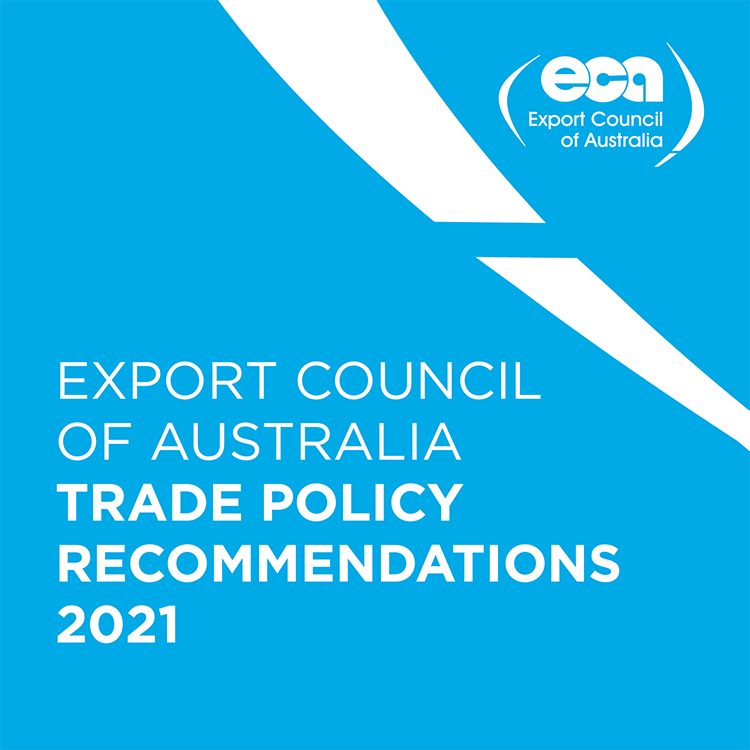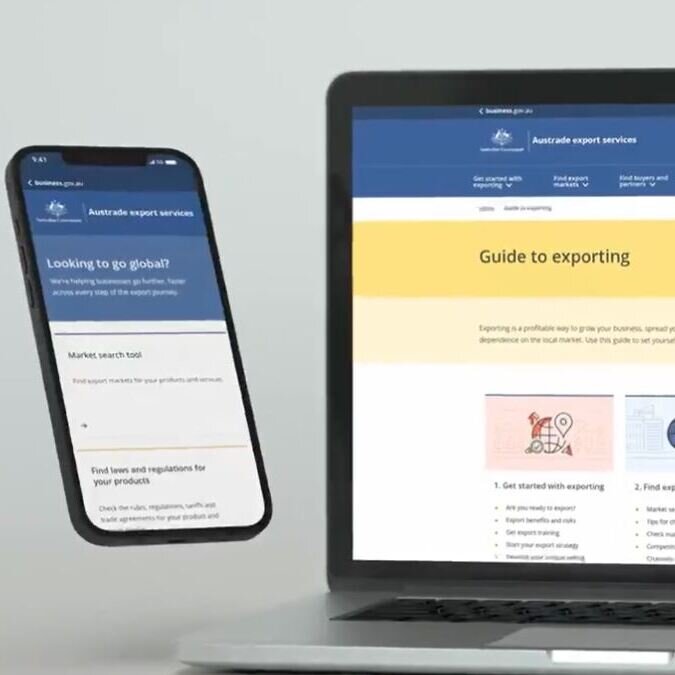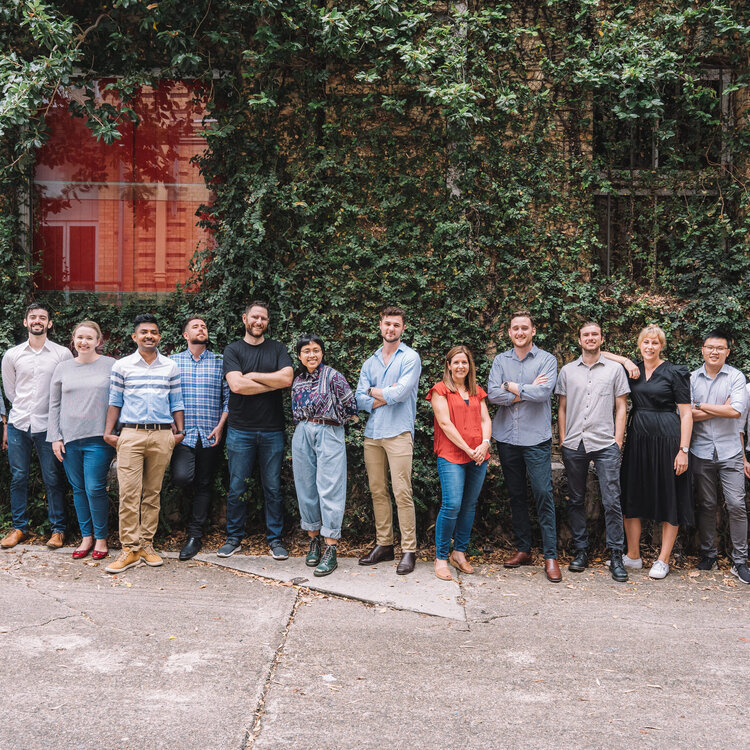Recognising remarkable resilience: Resetting manufacturing operations saves Tasmania’s Novaris
Family-owned Novaris, Tasmania’s electrical componentry manufacturer, had to quickly re-evaluate its operations and innovate after COVID-19 significantly impacted access to suppliers and manufacturing. Established in 1995, Novaris provides custom designed products to prevent equipment damage caused by direct lightning strikes, surges and other electrical disturbances on power and data signalling lines.









